Only history can reveal the source of coronavirus. But the crucial issue facing China today is how the people perceive the communist regime’s response to the disaster
The world is going through tumultuous times. China, too, has not been spared. A dreaded virus has struck the Middle Kingdom and there’s no end in sight for the epidemic though it seems to be spreading at a slower pace outside Wuhan, its epicenter. The epidemic has strange collaterals. In usual times, internet and social networks are kept under close watch by the communist State and any “reactionary” or “anti-Government” post is deleted immediately. Ever since the outbreak of the virus, monitoring has been extended to topics that are usually out of the purview of the censor.
Recently, netizens received a notice from Douban, a popular Chinese social network, which said, “The news you posted has been removed as it contains radical, political or ideological content.” It referred to the lyrics of the Chinese national anthem, which starts: “Arise, ye who refuse to be slaves! With our flesh and blood, let us build a new Great Wall! From each one, the urgent call to action comes forth. Arise!”
Indeed, it is a revolutionary song … one that is dangerous for the ruling party in the present context as it evokes fears of a popular revolt against the way the Government has been handling the spread of the coronavirus. Take the case of Dr Li Wenliang, one of the first doctors who alerted the public about the outbreak. When Dr Li sounded the alarm in December, he was severely reprimanded by the local authorities. And when he passed away, the Wuhan Central Hospital first denied his death, triggering deep anger among the public.
Bill Bishop, the author of the well-informed Sinocism newsletter, noted: “Social media is blowing up the news that Wuhan whistleblower doctor Li Wenliang has died …but in a morbid twist, it appears that the relevant authorities, probably after seeing the online uproar, may not be allowing him to die officially yet.” The regime’s hesitation to announce Dr Li’s death showed the dilemma the communist party is faced with.
During the first month after the outbreak of the virus, China lost two battles. First, it was unable to foresee the seriousness of the epidemic (on the contrary, for a month, it tried to hide the truth from the public). Second, it lost control over the information warfare, which was then led by the citizens. China has now decided to retake the initiative on the information battlefield even as it uses the toughest possible preventive measures on the ground to manage the fallout of the coronavirus. This, at the risk of facing an economic slowdown.
On February 10, Xi Jinping, General Secretary of the communist party, reappeared (with a mask) on the stage after several days of absence and spoke of “resolutely winning the people’s war against pneumonia epidemic.” According to Xinhua, Xi asserted that the situation remained very serious but expressed confidence that “China will certainly obtain a full victory in the fight against the epidemic.”
At Ditan Hospital in Beijing, Xi talked to medical workers of three hospitals in Wuhan via video conference and praised the work done by them. He said, “Wuhan is a heroic city and people of Hubei and Wuhan are heroic people who have never been crushed by any difficulty and danger in history.”
Xi’s return seems to be a well-orchestrated move to regain the initiative. The Chinese President was pompously termed as the “commander of the people’s war against the epidemic.” Before disappearing, he chaired a meeting with the Politburo Standing Committee. Here, he stressed that the party should “do a good job in propaganda education and public opinion guidance.”
HK01, a Hong Kong-based online news portal, said that such guidance must include “promoting in-depth publicity about the major decisions of the Central Committee of the Communist Party of China, substantially reporting the effectiveness of the joint (epidemic) prevention and control measures in different regions and different departments, vividly telling touching stories about China’s fight against the epidemic and demonstrating the Chinese people’s spirit and the great power of unity and togetherness in fighting the epidemic.”
As a result, Zhang Xiaoguo, Director of the Information Bureau of the CCP Central Propaganda Department, announced that his department would send 300 reporters to Hubei province. The WeChat account of “Reporters Station” said that the scribes, besides providing reports on the epidemic prevention and control, “will present positive stories on humanity to the public to strengthen the guidance of public opinion.”
At the same time, authoritarian methods have been put in place. CNN mentioned, “They (Chinese authorities) are turning to a sophisticated authoritarian playbook honed over decades of crackdowns on dissidents and undesirables to enforce quarantines and lockdowns across the country”. The US channel spoke of a shift in the narrative “from a story of an entire country pulling together in a time of crisis to a darker tale of bad actors undermining efforts to keep people safe and spreading the virus through their own irresponsibility.”
The “Li Wenliang effect” had to be rectified by massive propaganda. The Globe, the Canadian media group, observed: “Stung by public criticism as the Wuhan virus outbreak continues to claim lives, Chinese authorities have reinvigorated the state hero-making machine, with official media promoting stories of sacrifice, dedication and love in arduous times.”
Meanwhile, Xu Zhangrun, a law professor at the Tsinghua University in Beijing who has been under suspension, blamed the communist party leaders for putting politics ahead of the people. He wrote a strongly-worded piece that was published on overseas Chinese language websites. He said, “The political system has collapsed under the tyranny and a governance system [made up] of bureaucrats, which has taken [the party] more than 30 years to build, has floundered.”
Only history can reveal the source of the virus — whether it is animal-borne or originated from a laboratory working on a covert biological weapons programme. The crucial issue today is how people perceive the regime’s response to the disaster. This is the real battle in China at present. Since 1978, the current dynasty in China has managed to bring some wealth and well-being to the masses but in the process, the Chinese people have lost their freedom to think freely. In every corner of the Kingdom, they are recognised by cameras, which record the most intimate details of their life. They have no choice but to follow the words of the party. With the novel coronavirus still spreading wildly, the system has started showing its limits. More propaganda cannot undo the much-needed political reforms in China.
(Writer: Claude Arpi; Courtesy: The Pioneer)







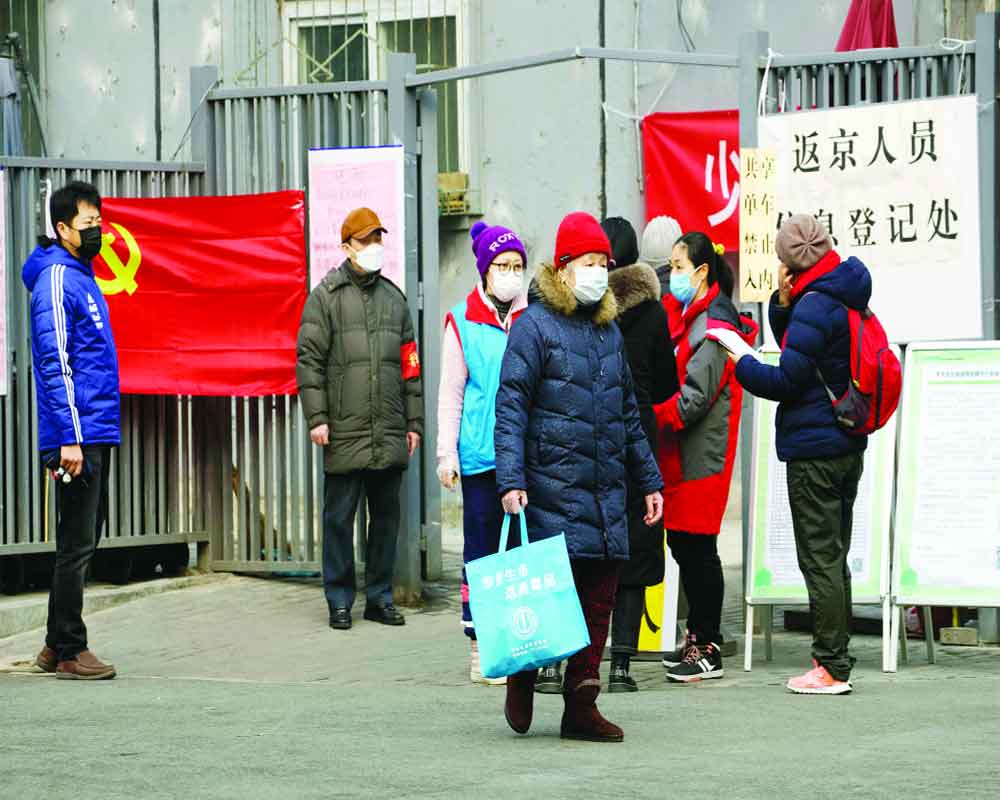
 OpinionExpress.In
OpinionExpress.In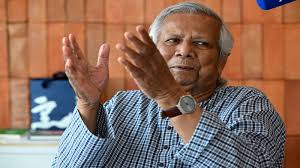
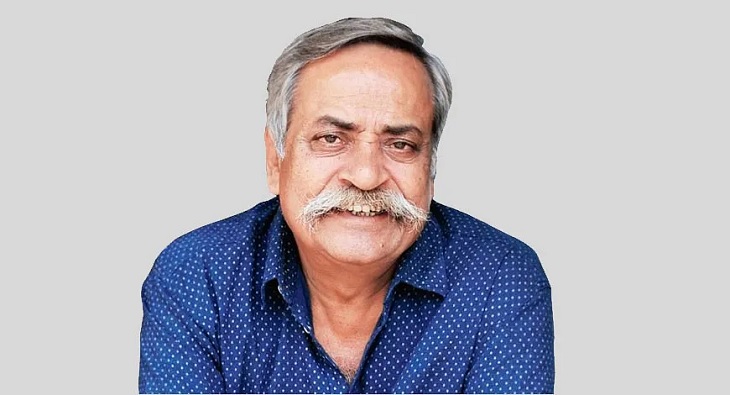
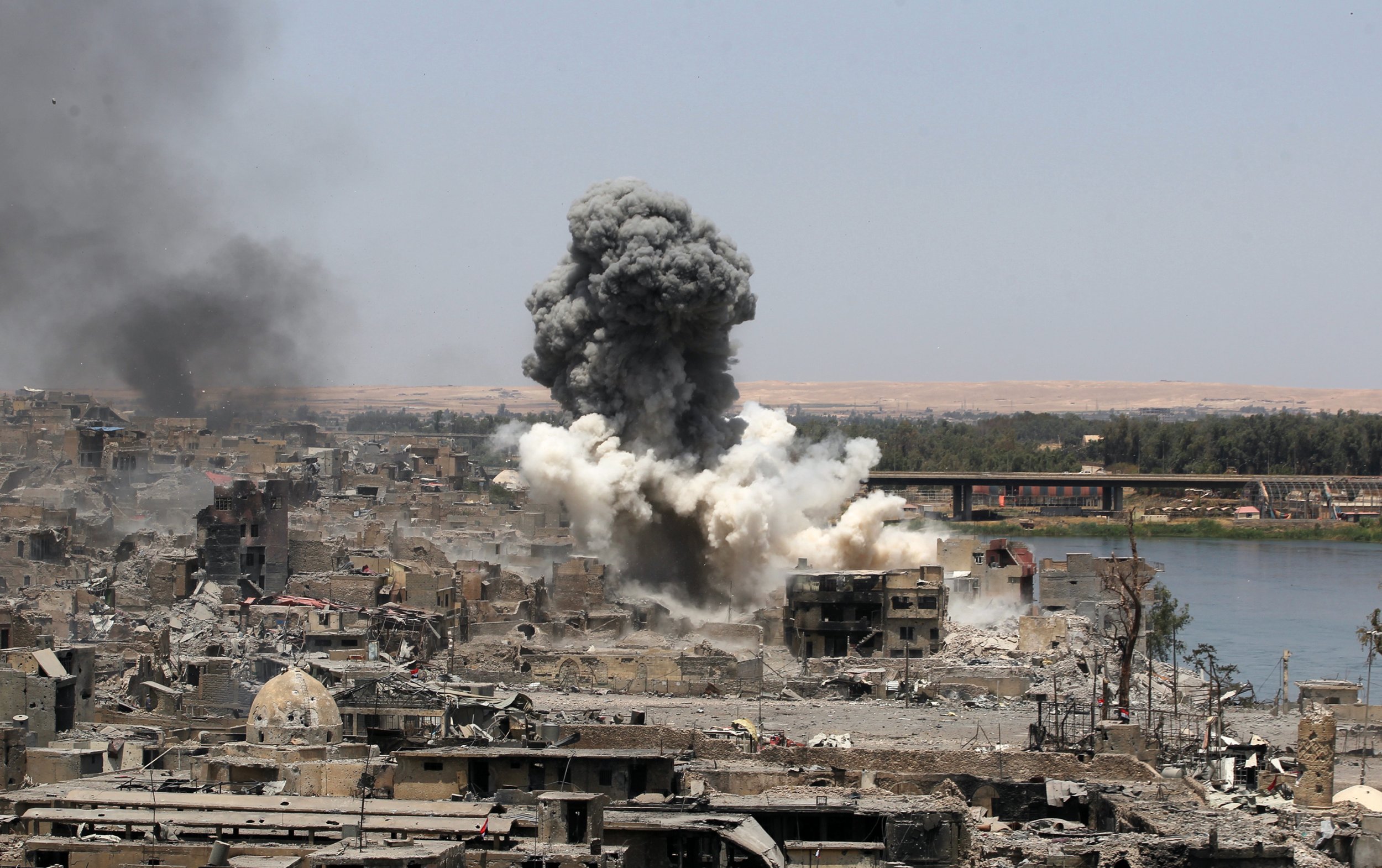
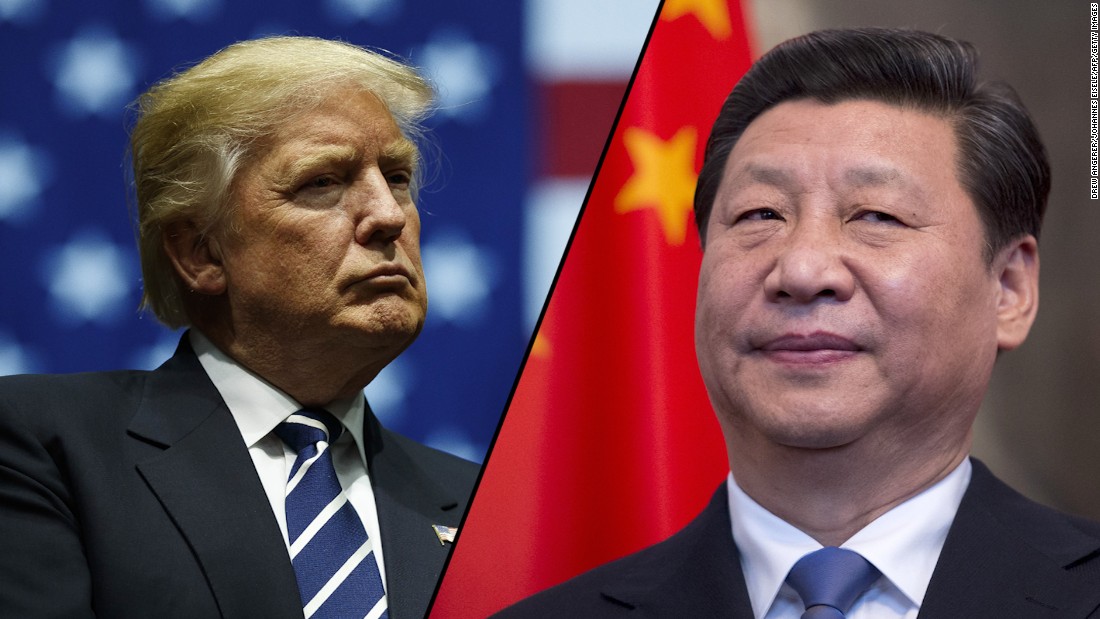
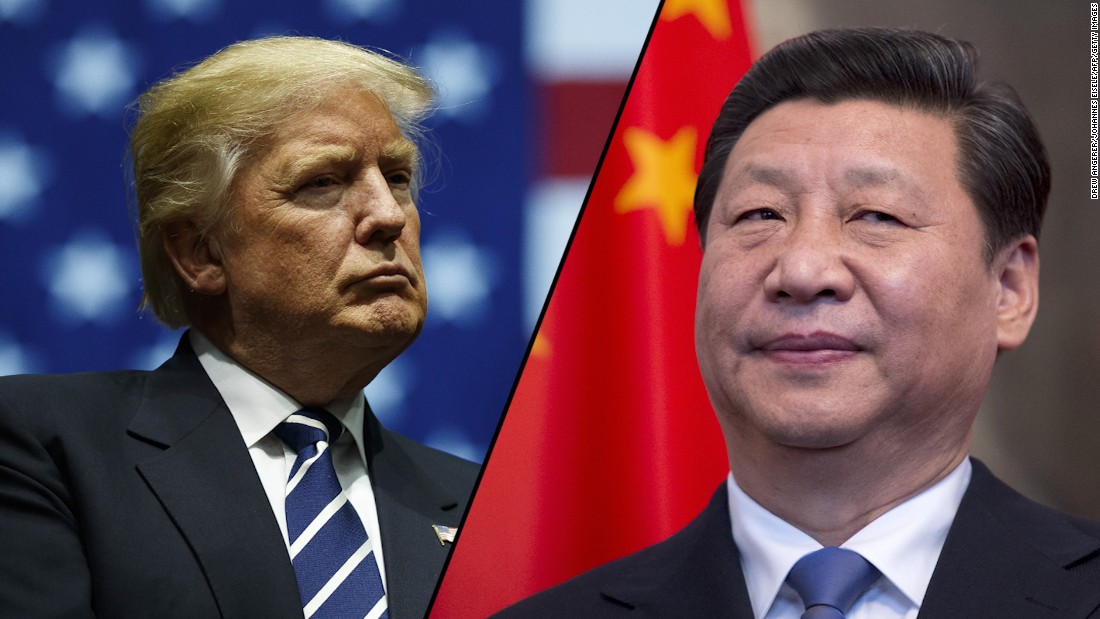
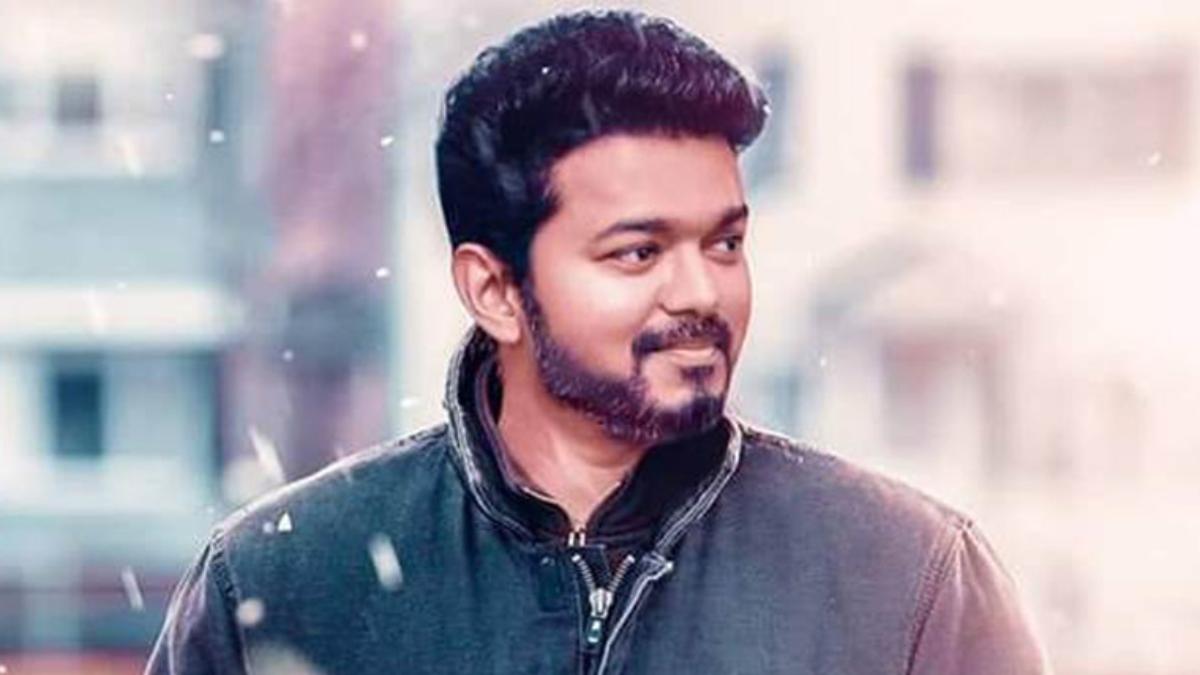

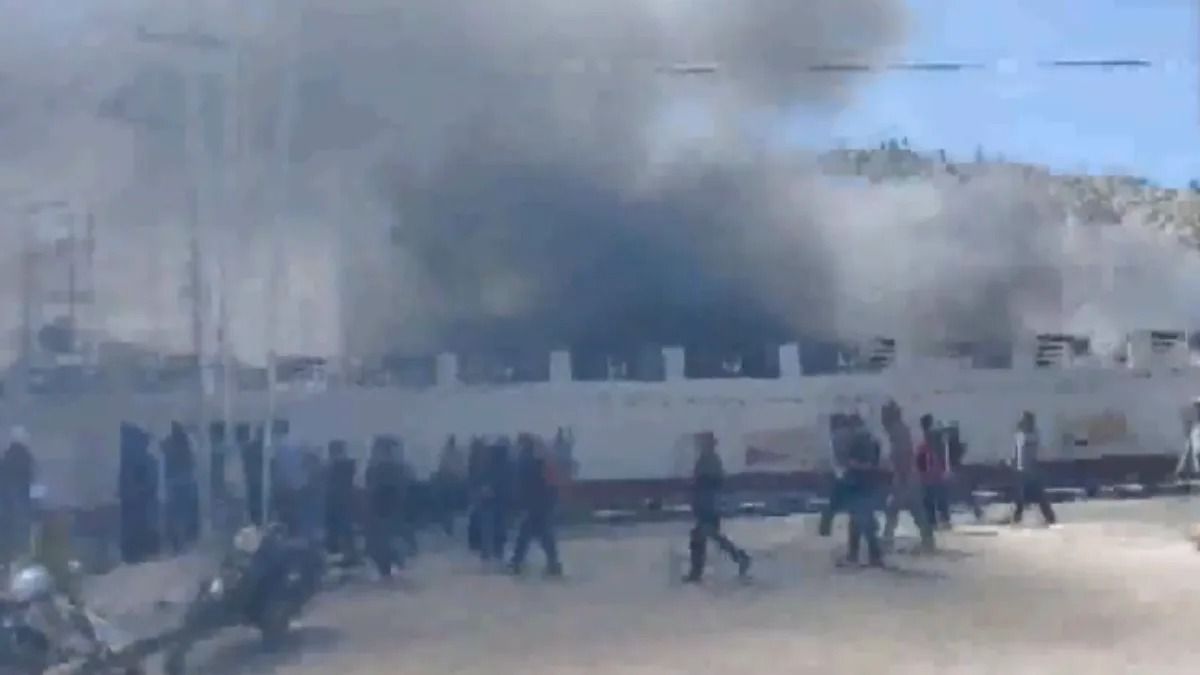
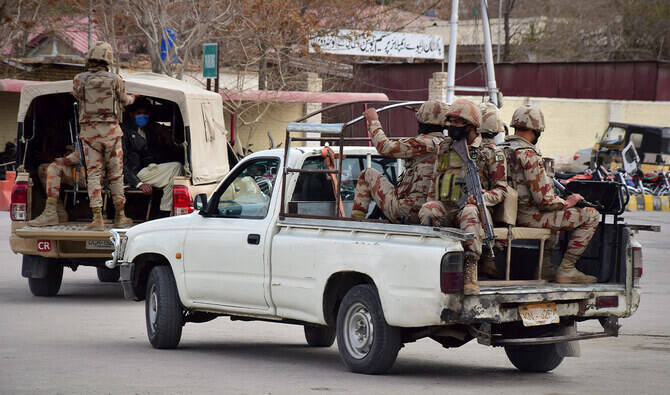
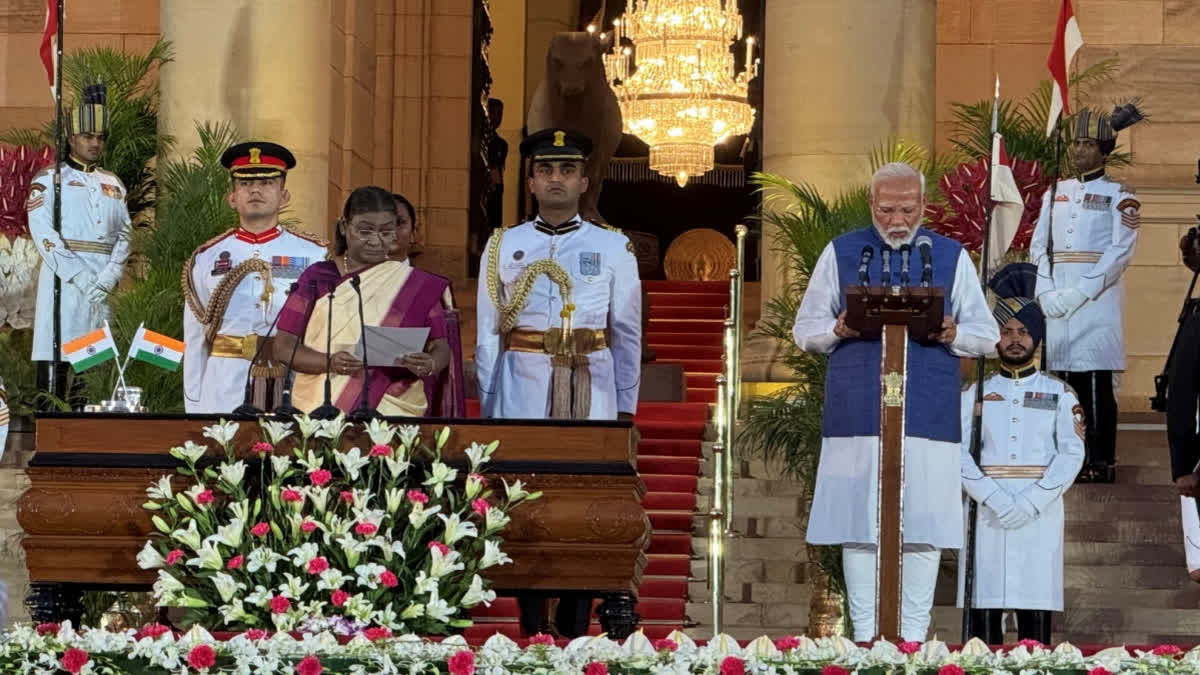






Comments (0)